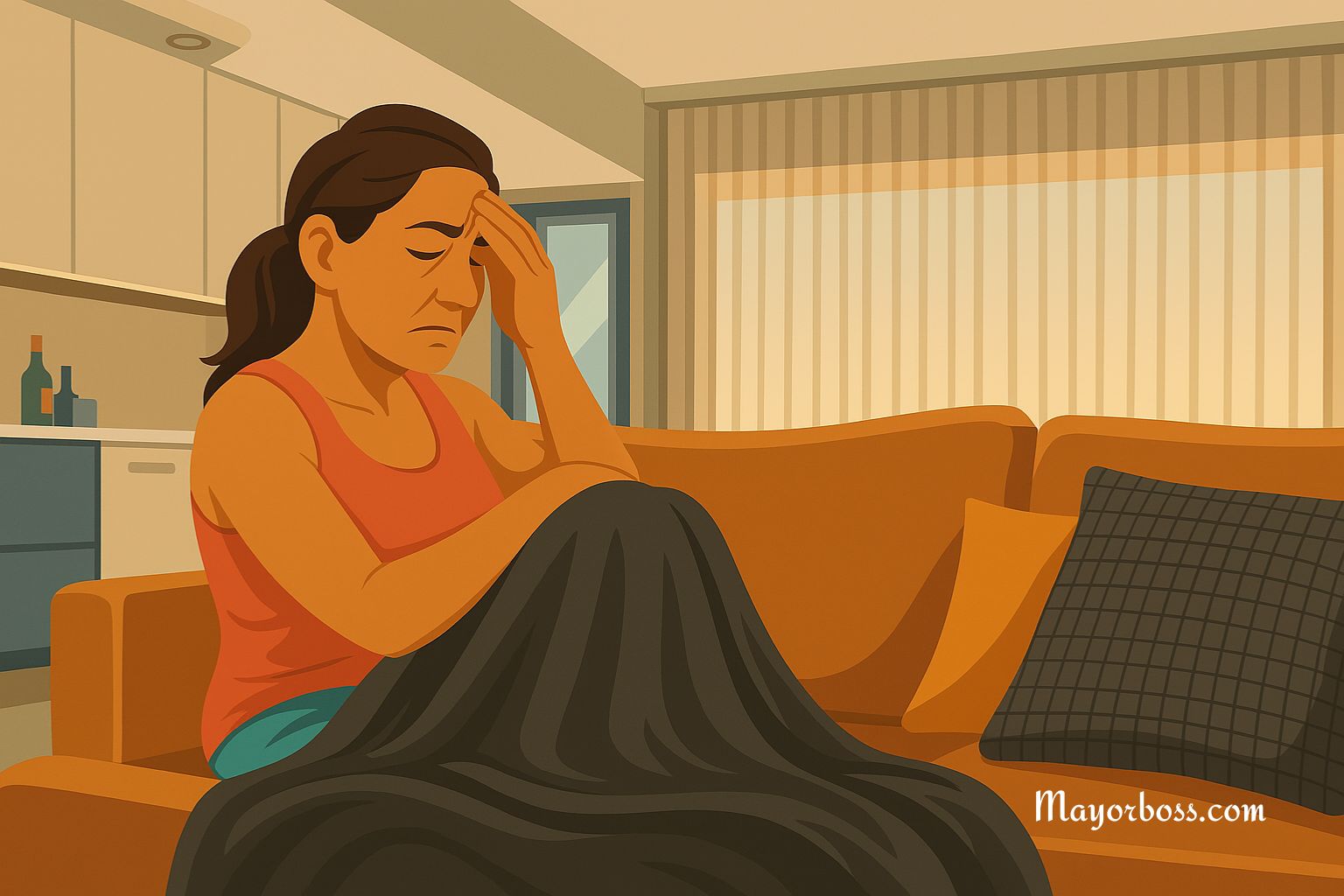8 Tips to Stop Feeling Tired All the Time
Do you often find yourself asking, “Why am I feeling tired all the time?” If so, then you’re not alone. Many individuals battle this seemingly constant fatigue and seek effective ways to regain their vitality. This article will equip you with eight valuable tips to help you overcome this challenge.
How to Stop Feeling Tired All the Time
1. Prioritize Quality Sleep
One of the most common causes of feeling tired all the time is poor sleep quality. Therefore, it’s crucial to ensure you’re getting enough restful sleep. But what does “enough” mean?
While the amount of sleep needed varies from person to person, a good rule of thumb is particularly aiming for 7-9 hours per night. And remember, it’s not just about the duration. The quality of your sleep matters as well. Ensuring your bedroom is dark, quiet, and cool can significantly enhance your sleep quality.
2. Pay Attention to Your Diet
What you eat actually plays a critical role in your energy levels. In particular, foods high in sugar and simple carbohydrates may give you an initial energy boost, but you’ll likely experience a crash afterward. Instead, focus on a balanced diet rich in complex carbohydrates, protein, and healthy fats.
Including foods such as lean meats, whole grains, fruits, vegetables, seeds, and nuts in your diet can provide sustained energy throughout the day. Remember to stay hydrated, too. Dehydration can also make you feel sluggish and tired.
3. Get Regular Exercise
Although it may seem counterintuitive to exert energy when you’re already feeling tired, regular physical activity can actually boost your energy levels. Exercise enhances blood circulation and oxygen supply to your cells, helping your body function more efficiently.
If you’re not currently active, start with light activities like walking or yoga. Then, gradually increase your intensity and duration as your fitness improves. Sometimes, a brisk 30-minute walk can be enough to shake off fatigue.
4. Limit Alcohol and Caffeine Intake
While a glass of wine or a cup of coffee may seem like a good idea to combat tiredness, these can often make things worse in the long run. Drinking alcohol or caffeine, especially close to bedtime, can mess up your sleep.
Alcohol may make you feel sleepy at first, but it can actually wake you up in the middle of the night and make your sleep quality worse overall.
Caffeine, on the other hand, is a stimulant, which means it can make you feel alert and awake, making it harder to fall asleep. If you have coffee, tea, or other caffeinated drinks too late in the day, it can stop you from getting a good night’s sleep.
It’s okay to enjoy these beverages in moderation, but try to avoid them in the hours leading up to bedtime. Other times, opt for healthier alternatives like herbal tea or water.
5. Practice Stress Management Techniques
Chronic stress can leave you feeling drained and exhausted. Therefore, it’s vital to incorporate stress management techniques into your daily routine. This may include mindfulness meditation, deep breathing exercises, or practicing yoga.
Engaging in hobbies you enjoy and connecting with loved ones can also help reduce stress. Remember, it’s okay to take breaks and relax.
6. Regular Health Check-ups
If you’re feeling tired all the time despite maintaining a healthy lifestyle, it may be a sign of an underlying health issue. Regular health check-ups can help detect potential issues early.
Common conditions associated with fatigue include anemia, thyroid issues, and diabetes. If you’re feeling persistently tired, don’t hesitate to seek medical advice.
7. Create a Consistent Routine
Creating a consistent routine can help regulate your body’s internal clock, improving your sleep quality and energy levels. Try to wake up and go to bed at the same time every day, including weekends.
In addition to sleep, schedule regular mealtimes. Eating at consistent times can help maintain steady blood sugar levels, preventing energy dips throughout the day.
8. Listen to Your Body
Finally, but most importantly, listen to your body. If you’re feeling tired, take a break. Rest when you need to, and don’t push yourself too hard.
In conclusion, feeling tired all the time can significantly impact your quality of life. However, by implementing these eight tips, you can take steps to improve your energy levels. Remember, it’s okay to seek help if you’re struggling. Your health and well-being should always be your top priority.
Further Reading: 16 Unexpected Reasons For Your Fatigue






